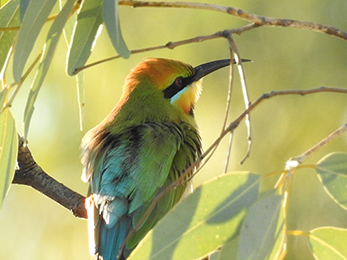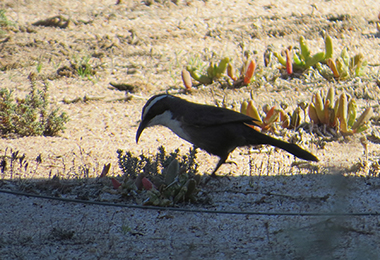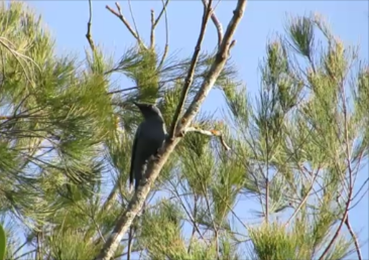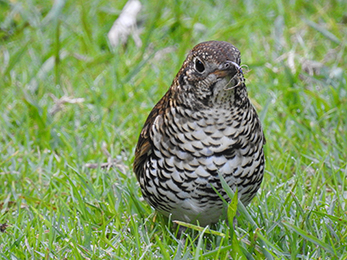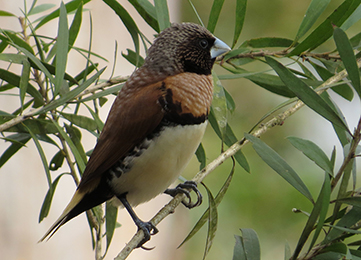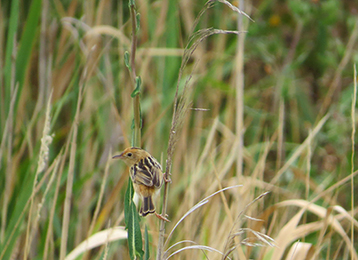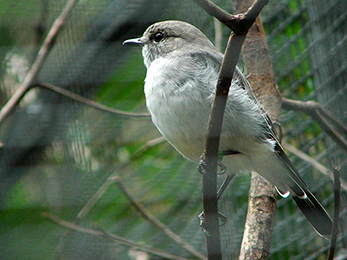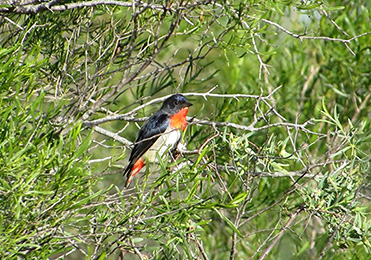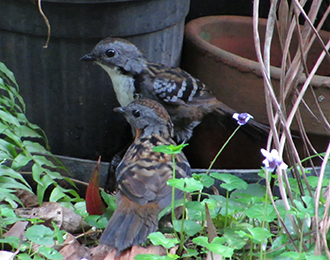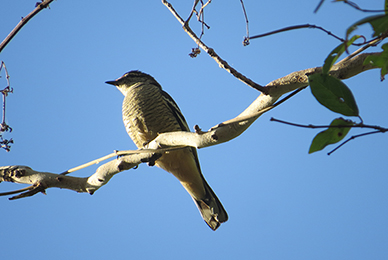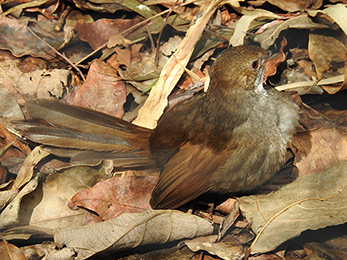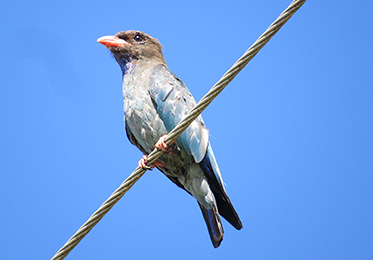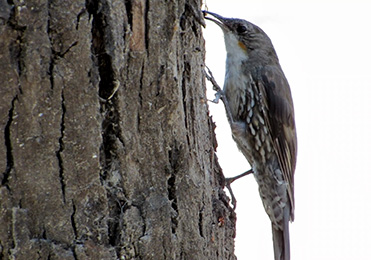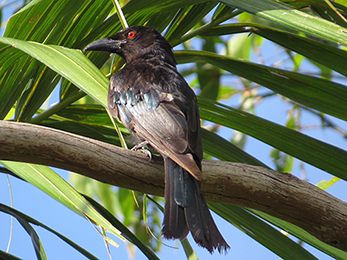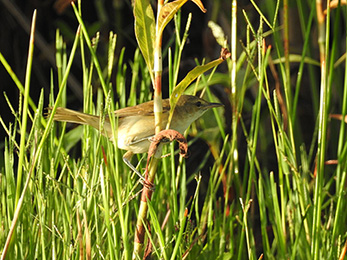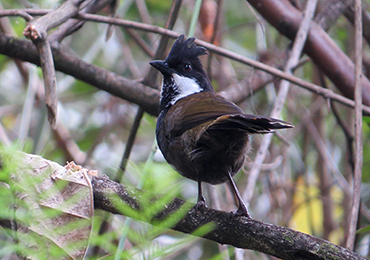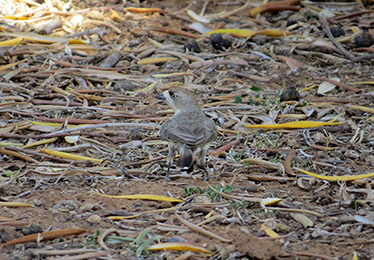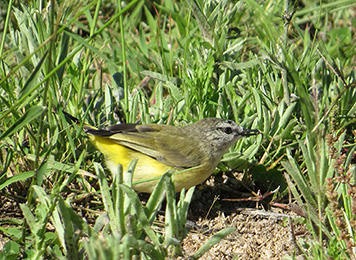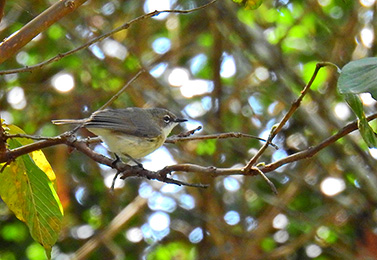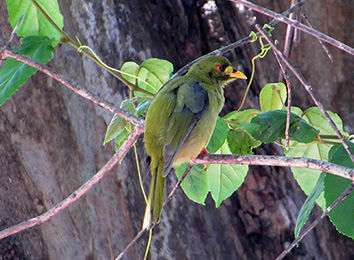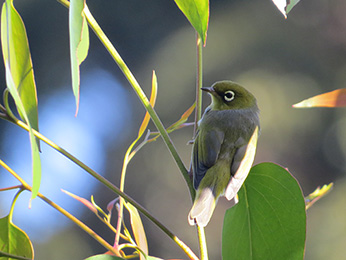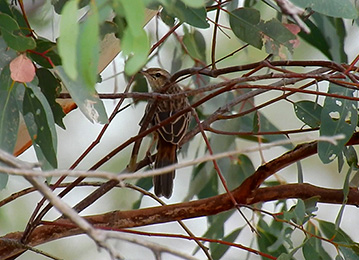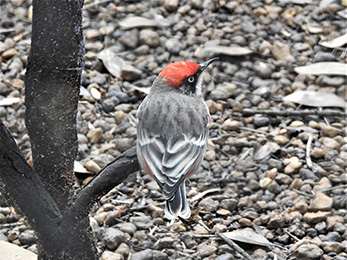SMALL INSECT EATING BIRDS
Small insect-eating birds play several crucial roles in the wild, which contribute to the overall health and balance of ecosystems.
- Controlling insect populations: As the name suggests, these birds primarily feed on insects and other small invertebrates. They are highly efficient insect hunters and can consume large numbers of insects daily. By preying on pests such as mosquitoes, flies, caterpillars, and various agricultural pests, these birds help regulate insect populations, preventing potential outbreaks and reducing crop damage.
- Pollination: Some insect-eating birds, also play a role in pollination. While foraging for insects, they inadvertently transfer pollen between flowers, aiding in plant reproduction and facilitating the growth of fruits and seeds.
- Food for predators: Small insect-eating birds serve as a vital food source for various predators in the ecosystem. They are preyed upon by larger birds of prey, mammals, and reptiles. Their abundance and availability influence the survival and breeding success of these predators.
- Seed dispersal: Insectivorous birds may also contribute to seed dispersal. After consuming fruits and berries, they excrete the seeds in different locations, helping plants spread and colonize new areas.
- Biodiversity and ecosystem health: Insectivorous birds are an integral part of the food web and biodiversity in their respective habitats. Their presence contributes to the overall health and stability of ecosystems. The loss or decline of these birds can have cascading effects on other species and ecological processes.
- Nutrient cycling: As birds consume insects and invertebrates, they process and excrete them, returning essential nutrients to the soil. This nutrient cycling supports plant growth and productivity.
- Indicator species: Small insect-eating birds can also act as indicators of environmental health. Their presence, abundance, or decline can provide valuable insights into the state of their habitat and the overall well-being of the ecosystem.
Overall, these small insect-eating birds play an essential ecological role in maintaining ecological balance, supporting plant growth, controlling pests, and providing food for other wildlife. Their activities contribute to the intricate web of interactions that shape healthy and functional ecosystems.

